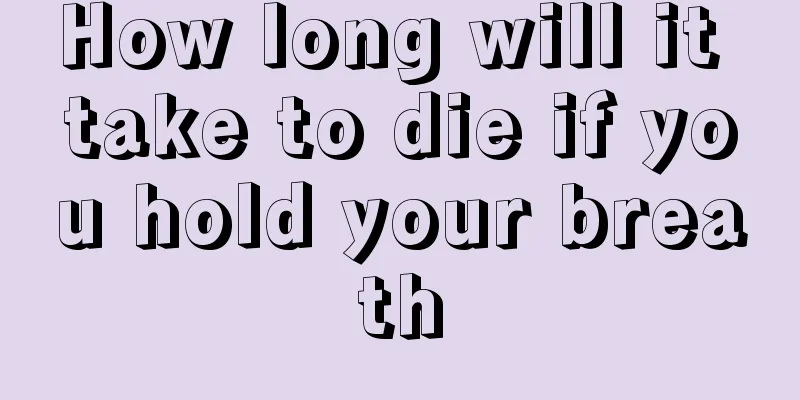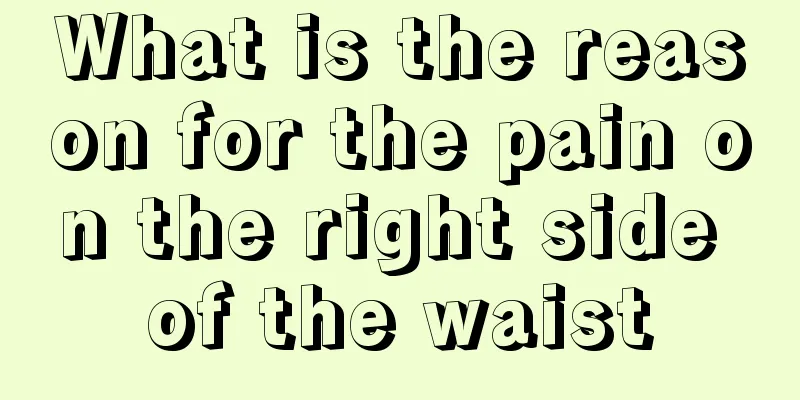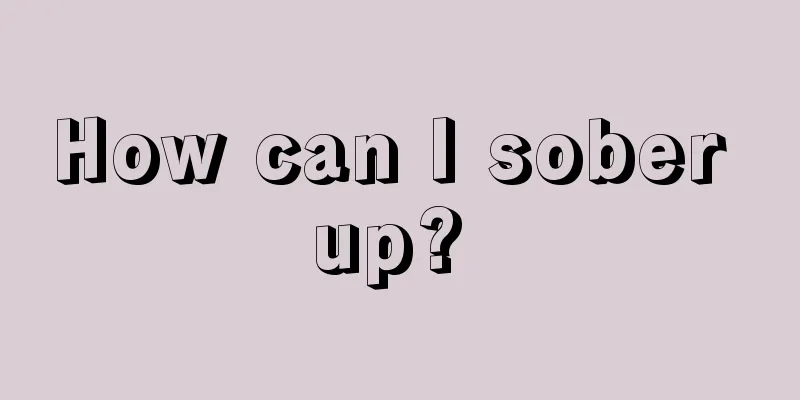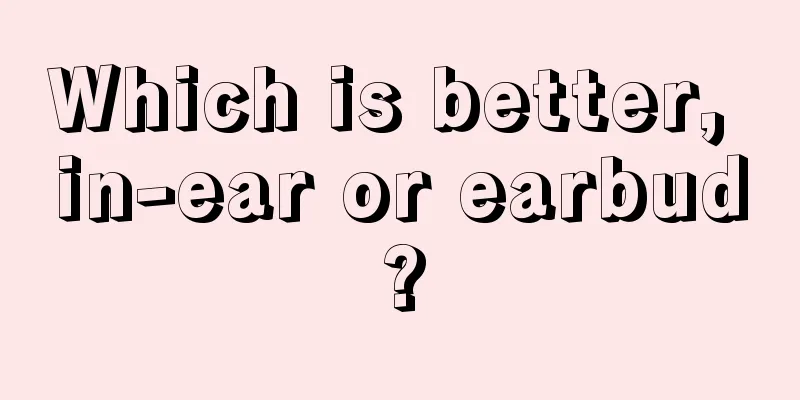How long will it take to die if you hold your breath

|
Many people are used to holding their breath. They need to practice it when swimming, exercising, and singing. This can increase lung capacity and improve lung function. However, many people like to regard holding their breath as a challenge, but holding their breath for a long time is very bad for the lungs, especially when the lungs do not have that much lung capacity. In this case, damage is most likely to occur. Holding your breath can be practiced slowly, but don't force yourself to challenge your limits for a long time. Correct use of breath holding After taking a deep or shallow breath, closing the glottis tightly and exhaling as hard as you can is called holding your breath. Usually, you need to hold your breath to cooperate when completing exercises that require maximum static force, such as heavy weight-bearing, weightlifting, wrestling, tug-of-war, and arm wrestling. Holding your breath has the following positive effects on exercise: holding your breath can reflexively cause an increase in muscle tension, which can create the most effective contraction support conditions for the relevant movement links. But people only see the beneficial side of holding breath for exercise, and do not know that holding breath can also have negative effects on the human body. The main adverse effects of holding your breath are: first, holding your breath increases intrapleural pressure, causing obstruction of venous blood returning to the heart, resulting in insufficient filling of the heart, a sharp drop in output, and a significant drop in blood pressure, leading to incomplete blood supply to the myocardium, brain cells, and retina, causing dizziness, nausea, tinnitus, black eyes, etc., which affect and interfere with the normal operation of the movement; second, when holding your breath ends, reflexive deep breathing will occur, causing a sharp drop in intrapleural pressure, and the blood originally retained in the veins will quickly return to the heart, impacting the myocardium and causing it to overstretch, and blood pressure will also rise sharply. This will have serious adverse consequences for children's hearts because of their low tolerance, which can easily cause the myocardium to overstretch and relax; and for the elderly because of their poor vascular elasticity and fragility, which can easily cause blood vessels in the heart, brain, eyes and other parts to rupture, all of which will have serious adverse consequences. From this it can be seen that holding your breath has both advantages and disadvantages in sports. Sometimes you need to exert yourself and hold your breath to achieve the final victory. Then the necessary and correct way to hold your breath should be: do not inhale too deeply before holding your breath; at the end of holding your breath, in order to allow the internal pressure in the pleural cavity to have a buffer and gradually decrease, the exhaled air should be squeezed out from the glottis gradually and in moderation, that is, the exhalation with a "hi" sound from the throat; holding your breath should be used at the critical moment of winning, and you don't have to hold your breath for every movement and every process. |
<<: Can bird's nest lower blood sugar?
>>: Will excessive moisture cause hair loss?
Recommend
How much does chemotherapy for colon cancer cost
Colon cancer is caused by the malignant transform...
What should be done for hepatitis B testing?
Hepatitis B testing generally requires hepatitis ...
What's the matter with acne at the corner of the eye
We live in a fast-paced society. We are busy ever...
Overnight meals can cause stomach cancer, is this true?
Many people say that eating overnight meals can c...
What signs does kidney disease give off in men?
1. Boring. When the kidney function is poor, many...
Methods of preoperative and postoperative care for laryngeal cancer
Preoperative and postoperative care methods for l...
Is prostate cancer sexually transmitted?
Prostate cancer cannot be transmitted through sex...
Are liver cancer patients contagious?
Is liver cancer contagious? I believe many patien...
What kind of physical condition is sub-health
As the pace of social life continues to accelerat...
Are there any folk remedies for treating lung cancer? The most comprehensive Chinese medicine folk remedies for treating lung cancer
50 grams each of Hedyotis diffusa and Scutellaria...
Serum amyloid protein a
When inflammation occurs in the human body, what ...
What is the flesh above the teeth called?
People often need to use their teeth, especially ...
Can I get pregnant 4 years after bone cancer is cured
Bone tumors are tumors that occur in bones or the...
What are the clinical manifestations of malignant lymphoma?
Malignant lymphoma is a group of malignant tumors...
Ionizing radiation is a common cause of skin cancer
In this irritable city, there are many factors th...









